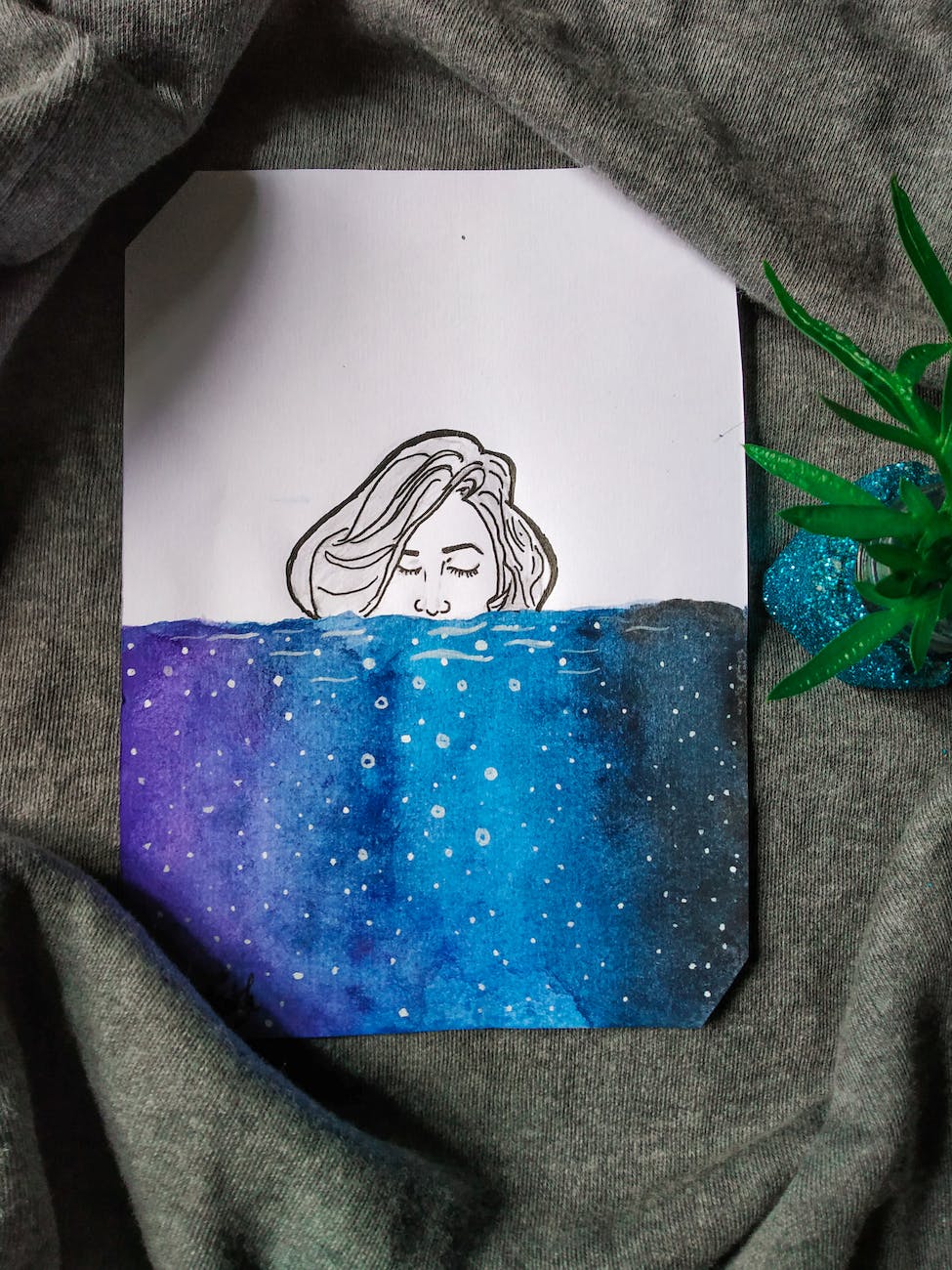THOUGHTS, IDEAS, QUESTIONS, PROCESS, LESSONS,
Student Post
Discovering Shades of Blue
ANNA ROBINSON – Week 7
(Translated from the original to English by Chat GPT. The original Chinese is below)
This week has been very interesting. We’ve been studying in four different locations, playing together with three good friends, and doing outdoor learning once. The themes were emotions, tilt, and designing games. Every day has been like a roller coaster, full of excitement, and every day has seen concrete progress.
This week, I enjoyed learning about game design the most. We set specific goals for our teammates, listed possible games that could be effective, read them out loud again, picked the ones that felt particularly meaningful, implemented them, and finally reviewed them to see if they were effective. The process of designing games is like solving a puzzle and building a ladder, taking one step at a time, and not directly addressing big issues like emotions. Instead, we give actionable instructions, like mimicking our teammates’ emotions. This game is like mapping out the workings of the mind, figuring out how to intervene in obvious areas while providing maximum support.
I noticed that I am more relaxed outdoors, as the intense indoor lighting can be uncomfortable. Having props makes gaming easier. Being near Tim’s location makes me happy because I can have an ice cup or a snack during breaks. Shawn advised us not to be afraid of changing environments. According to him, we can switch environments based on the students’ states. He mentioned that some people have performed at Tim’s place, and it was a lot of fun. I also want to perform at Tim’s place. The shifts in time and space make the whole course feel like an adventure in Calgary.
As time has passed, our team culture has started to take shape. I am very grateful for Shawn’s course design. Different people participate, and sometimes we are the hosts, with participants entering our “culture,” while at other times, we are guests, entering the “culture” of other groups. And “we” collide with new “us” in the changes of time, space, and connections with people, getting to know “ourselves” better.
Wang Mingyang mentioned the concept of “知行合一” (knowing and doing as one). Improvisational theater has given me many new insights. “知” (knowing) is not just intellectual knowledge; it’s about understanding the heart and mind.  For example, you have the colour blue in your heart, and you recognize it when you see it. Then you practice and discover new shades of blue. Each time, you reveal a bit of your true self, portraying vulnerability and joy in a play, and rediscovering a bit of your new truth.
For example, you have the colour blue in your heart, and you recognize it when you see it. Then you practice and discover new shades of blue. Each time, you reveal a bit of your true self, portraying vulnerability and joy in a play, and rediscovering a bit of your new truth.
As for the quote “子非鱼,安知鱼之乐? 知之为知之 不知为不知 是知也.” It can be translated as: “If you are not a fish, how can you know the joy of fish? Knowing it is knowing it; not knowing it is not knowing it. This is true knowledge.”




0 Comments